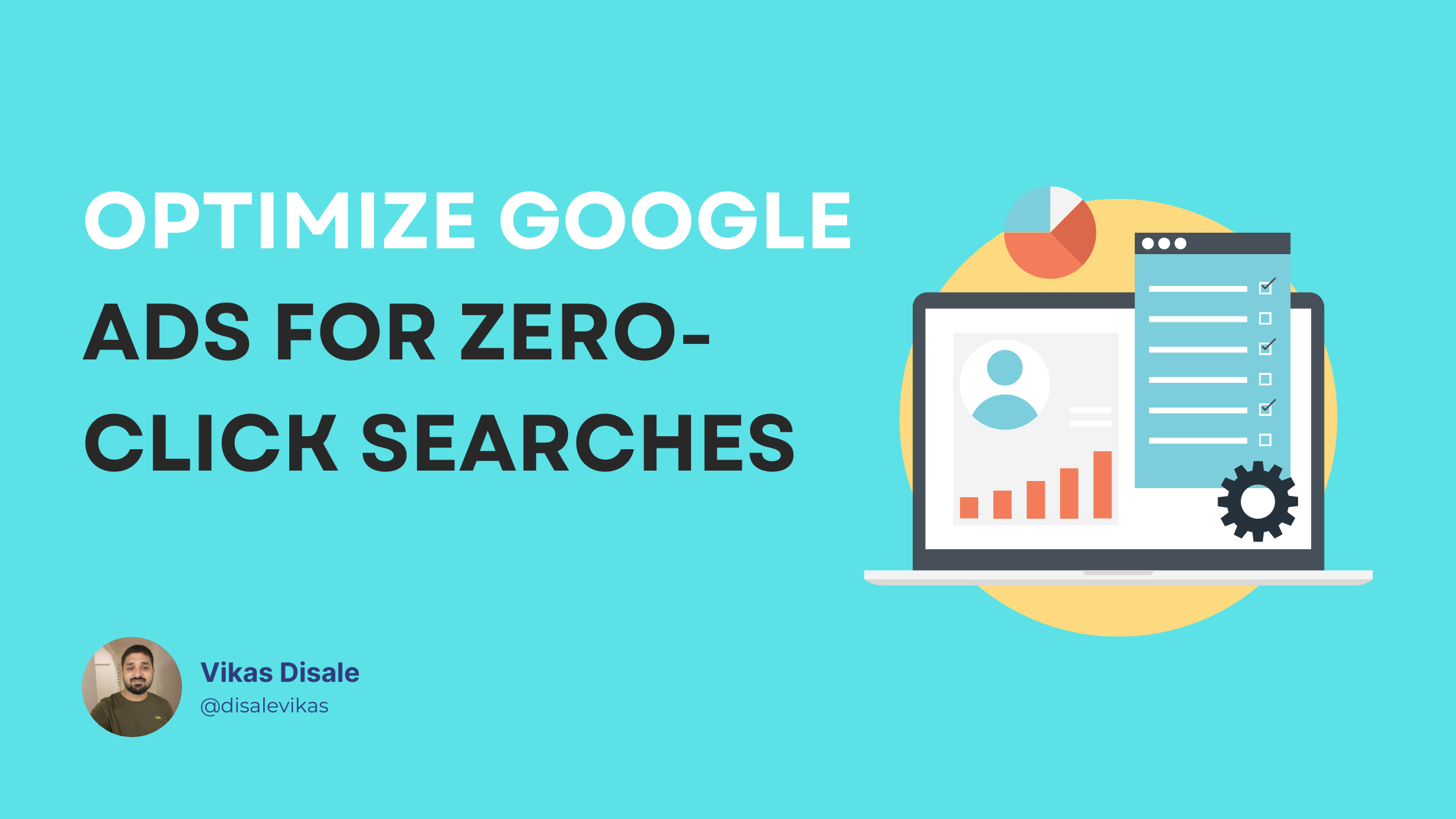Zero-click searches occur when users find the information they need directly from Google’s search results page without clicking on any ads.
While this might seem counterproductive for advertisers, there are several strategies to optimize your Google Ads campaigns for these scenarios.
In this guide, we’ll explore how to adjust your Google Ads campaigns to thrive in an era of zero-click searches, ensuring your ads remain impactful and drive conversions even when users don’t always click through.
Strategies to Optimize for Zero-Click Searches
To optimize for zero-click searches, focus on crafting high-quality, informative ads that address user queries directly and leverage structured data to enhance your visibility in featured snippets and knowledge panels.
Additionally, ensure your ad copy and landing pages are highly relevant and engaging to capture users’ attention even when they don’t click through.
1. Create High-Quality Content
Develop content that is relevant, engaging, and valuable to your target audience. Ensure it addresses user intent and provides comprehensive answers to their queries.
- Comprehensive and informative: Ensure your content is detailed and provides a thorough answer to the user’s query.
- Structured format: Use headings, bullet points, and images to make your content easy to skim and understand.
- Optimize for featured snippets: Format your content to be eligible for featured snippets.
2. Optimize for Rich Results
Use structured data (schema markup) to help search engines understand your content better and enhance your listings with rich snippets like reviews, ratings, and event details.
- Schema markup: Implement schema markup on your website to help Google understand your content’s structure and display it as rich results (e.g., star ratings, product information).
3. Improve Your Website’s Authority
Build high-quality backlinks from reputable sites, improve your site’s internal linking structure, and ensure that your content is authoritative and trustworthy.
- Backlinks: Build high-quality backlinks to your website from authoritative sources.
- Website speed: Ensure your website loads quickly to improve user experience and search engine rankings.
4. Monitor Search Terms
Regularly review search queries that drive traffic to your site to understand user behavior and adjust your keyword strategy to capture relevant traffic.
- Identify zero-click queries: Use Google Search Console to track the search terms that trigger your website’s organic traffic.
- Optimize content: Tailor your content to address the intent behind these search terms.
5. Leverage Local SEO
Optimize your site for local search by claiming and optimizing your Google My Business listing, getting local citations, and creating location-specific content.
Google My Business: Optimize your Google My Business listing to increase your visibility in local search results.
Local keywords: Use location-specific keywords to target local searchers.
6. Consider Paid Advertising
Use paid search ads (PPC) to complement your organic SEO efforts and drive additional targeted traffic to your site while you work on long-term organic rankings.
- Display ads: Target users who have already shown interest in your products or services through display ads.
- Remarketing: Retarget users who have visited your website but didn’t convert.
7. Stay Updated with Google Algorithm Changes
Keep up with Google’s algorithm updates and adjust your SEO strategy accordingly to ensure your site remains compliant and competitive.
- Monitor updates: Keep up with Google’s algorithm updates and adapt your strategies accordingly.
Implementing these strategies can help improve your site’s visibility, authority, and overall SEO performance.
Conclusion
Optimizing for zero-click searches allows you to maintain visibility and engagement even when users don’t click through to your website.
By leveraging structured data, targeting featured snippets, enhancing local listings, and optimizing for voice search, you can ensure your content remains relevant in these types of searches.
Additionally, using ad extensions and creating high-quality content further enhances your search presence.
Regularly monitoring and adjusting your campaigns will help you stay competitive, ensuring your ads are impactful even in a zero-click environment.
Vikas Disale is Digital Marketer and practicing SEO, Social Media, Paid Ads since 2011. Vikas like to share his knowledge via Podcast, YouTube videos.
